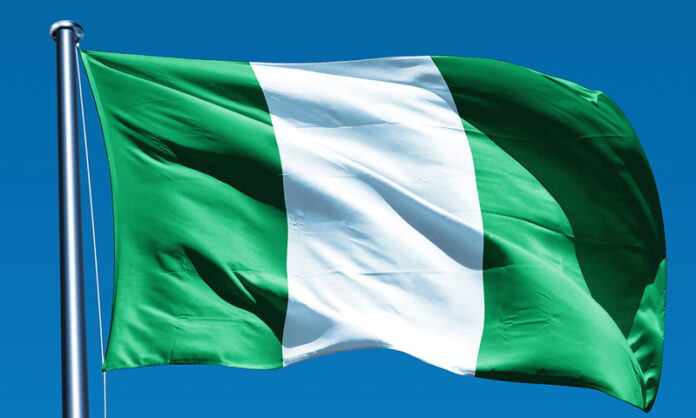Credit ratings agency Moody’s upgraded Nigeria’s sovereign credit rating by one notch from “Caa1” to “B3” on Friday, reflecting notable improvements in the country’s external balance and fiscal health. The agency emphasized that reforms in Nigeria’s foreign exchange management framework have significantly strengthened the balance of payments and boosted the Central Bank of Nigeria’s foreign exchange reserves.
Earlier this month, the World Bank reported that Nigeria’s economy experienced its fastest growth in nearly a decade during 2024, driven by a robust fourth quarter and enhanced fiscal management. Despite this progress, the World Bank cautioned that persistent inflation remains a key challenge for the country.
In its statement, Moody’s noted that inflationary pressures, which had been elevated due to various policy shifts, have started to ease. Both inflation rates and domestic borrowing costs are showing early signs of moderation, reinforcing confidence in the sustainability of recent policy measures.
Moody’s also revised Nigeria’s credit outlook from “positive” to “stable,” indicating expectations that while improvements in the external and fiscal sectors will continue, the pace may slow—especially if global oil prices decline. The agency stressed that the stable outlook reflects confidence that the country’s progress will not reverse entirely despite potential external shocks.
Overall, Moody’s upgrade signals increased confidence in Nigeria’s economic reforms and fiscal management, though it underlines the importance of maintaining these gains amid ongoing inflation risks and external uncertainties.




